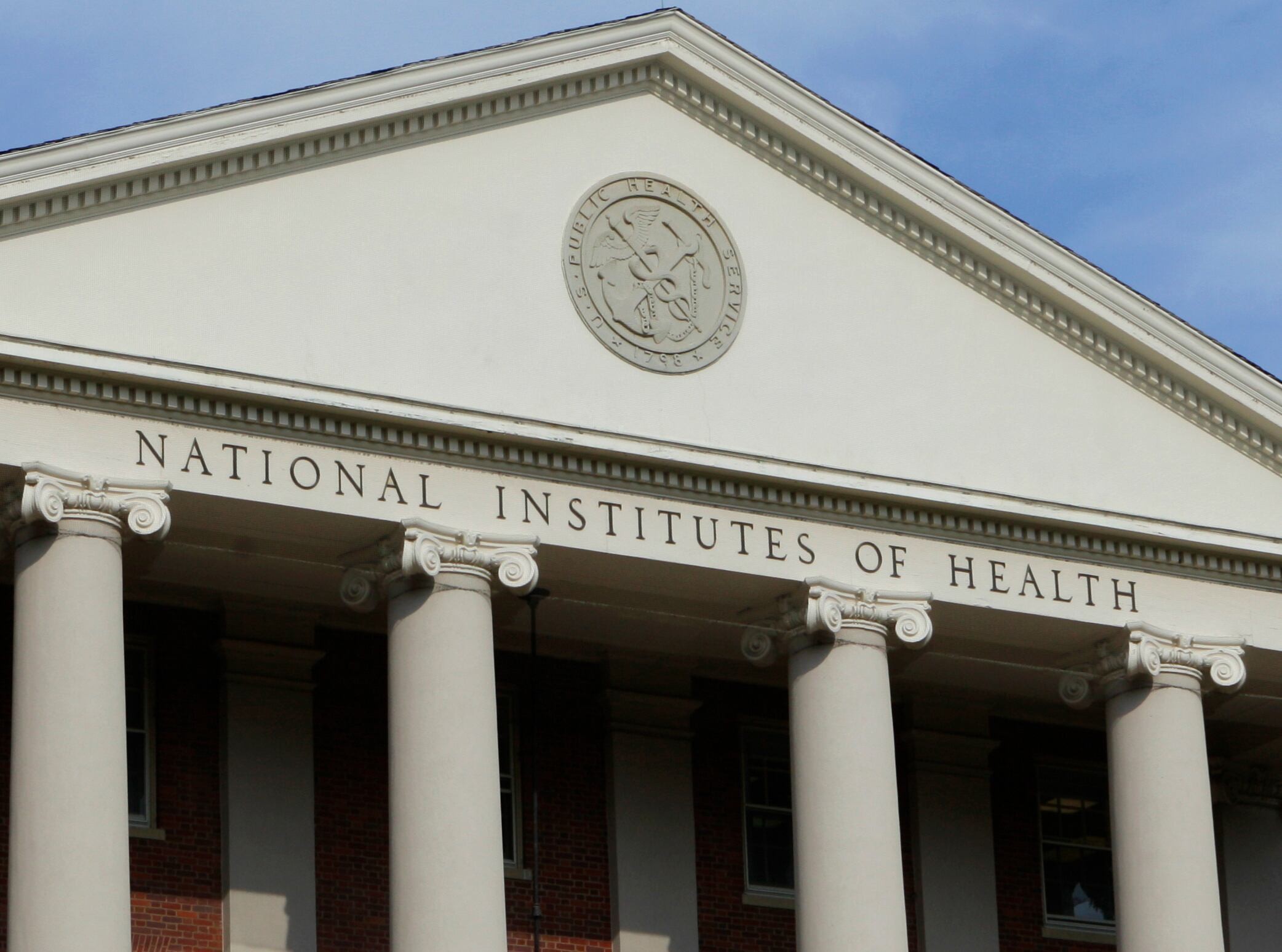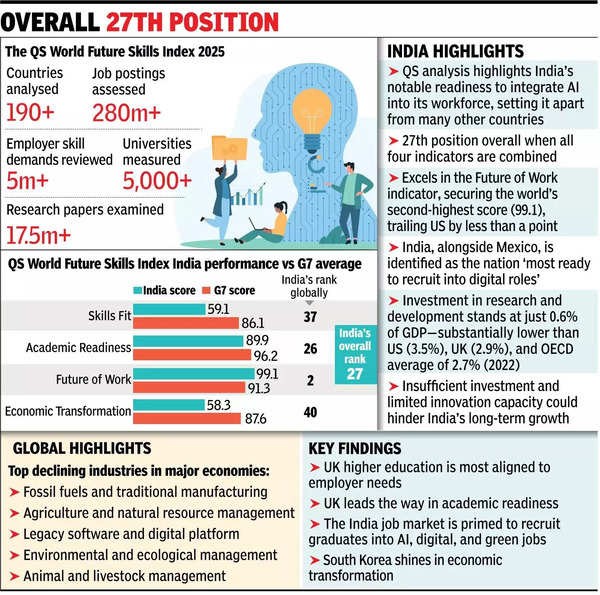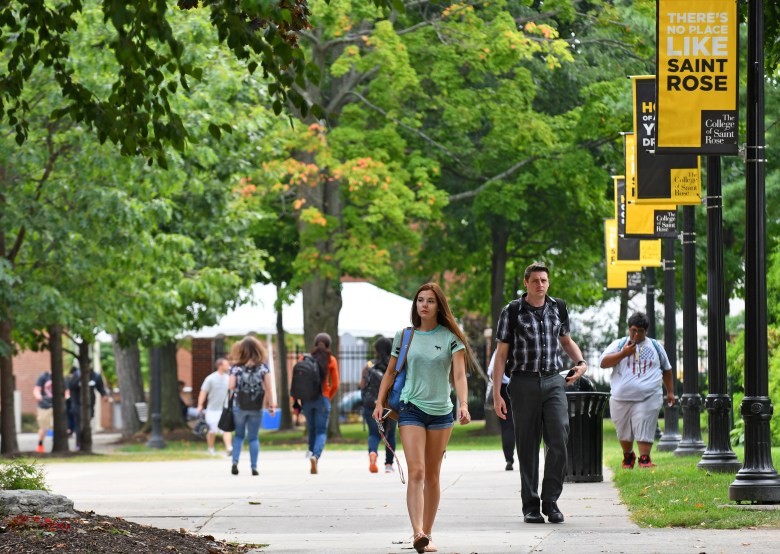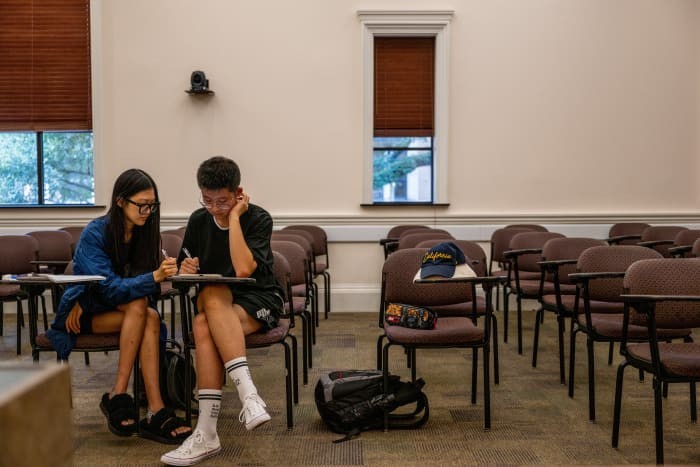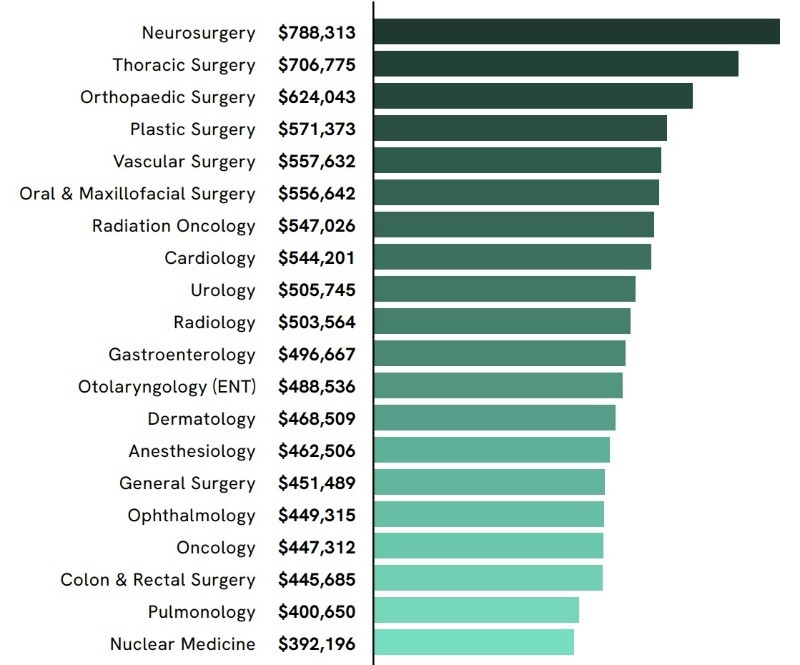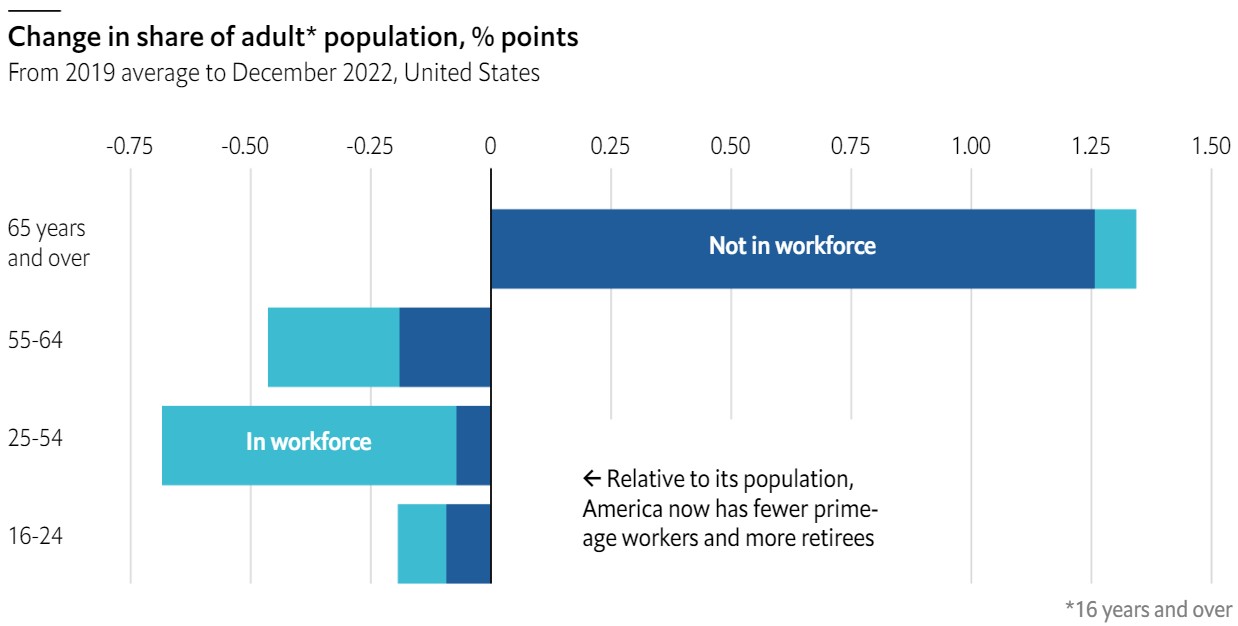NIH Slashes Research Overhead Funding, Threatening Major Universities' Scientific Operations
The National Institutes of Health announced a dramatic reduction in indirect research cost funding from 27% to 15%, potentially saving $4 billion annually but devastating research institutions. The sudden policy change has sparked outrage in academia, with experts warning it could severely impact America's scientific capabilities.
Workers Would Accept Pay Cuts to Keep Remote Work Benefits, Research Shows
Recent studies reveal that 40% of employees would take a 5% salary reduction to maintain remote work arrangements, with tech workers willing to accept even steeper cuts up to 25%. The trend highlights how workplace flexibility and work-life balance continue reshaping traditional employment dynamics.
Return-to-Office Mandates Rise to 75% as Workers Threaten Mass Exodus
Recent Pew Research findings show a significant increase in mandatory office attendance policies, with 75% of workers now facing in-office requirements. Nearly half of employees with remote work flexibility say they would quit if work-from-home options were eliminated.
India Emerges as Global Leader in Future Work Skills, Second Only to US
India has secured the second position globally in Future of Work skills according to the QS World Future Skills Index, trailing only the United States. The country's exceptional performance in AI adoption and digital transformation, coupled with strong economic growth projections, positions India favorably for future workforce demands.
Demographic Cliff: U.S. Colleges Face Crisis as Student Population Set to Drop 15%
A looming demographic shift threatens U.S. higher education as projections show 650,000 fewer college-age students annually by 2039. This unprecedented decline is already forcing college closures and raising concerns about future workforce shortages across critical industries.
AI Cheating Crisis: Universities Battle Academic Integrity Threats in Digital Age
Universities face an unprecedented surge in AI-enabled cheating, with prestigious institutions reporting a fifteenfold increase in cases. As detection tools evolve and policies adapt, institutions struggle to balance technological integration with preserving academic honesty.
Medical Dominance: America's 20 Highest-Paying Jobs Overwhelmingly Held by Physicians
Recent Bureau of Labor Statistics data reveals that physicians hold 16 of the top 20 highest-paying jobs in America, with pediatric surgeons leading at $449,320 annually. The striking dominance of medical professionals reflects their extensive training, limited supply, and unique market dynamics in healthcare.
Housing Paradox: Boomer Wealth Fails to Secure Retirement Living Options
Baby boomers, despite accumulating unprecedented home equity, face a critical shortage of accessible retirement housing. With less than 4% of US homes equipped for limited mobility and soaring costs, many find themselves trapped in unsuitable properties despite their apparent property wealth.
92% of Americans Underestimate Union Benefits, Stanford Study Reveals
A groundbreaking Stanford study finds that most Americans significantly underestimate the advantages of union membership. Correcting these misperceptions leads to increased support for unions and greater interest in joining them.
